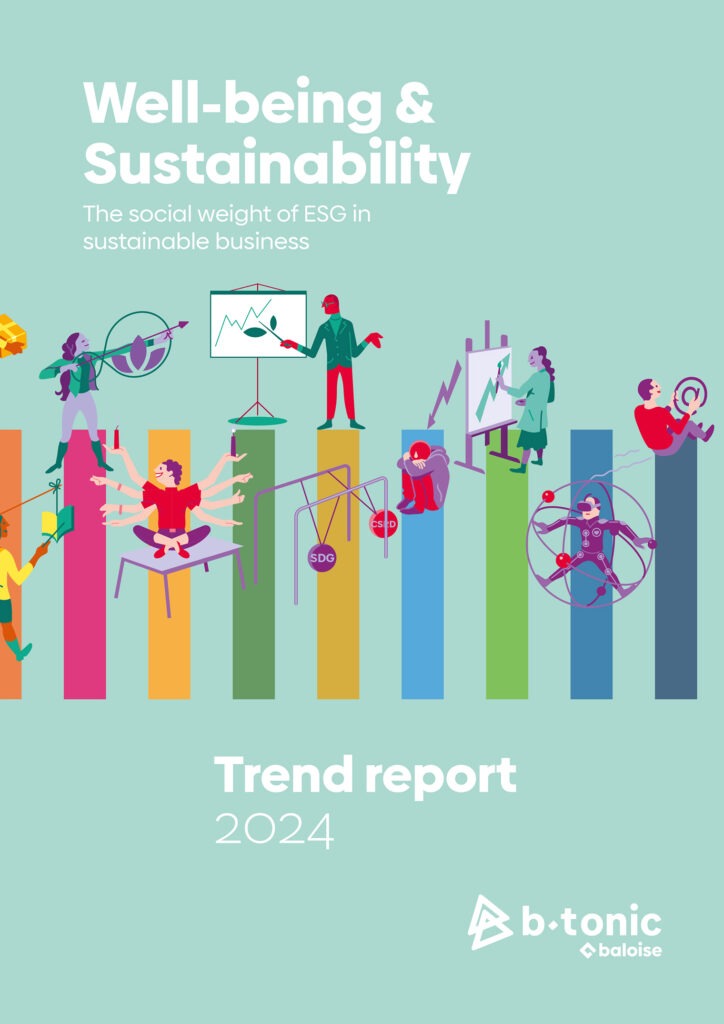Microaggressions at work often involve comments, questions or actions that may seem innocent but in reality absolutely are not. Research shows that the impact of these comments is large: microaggressions stand in the way of an inclusive work culture
‘Are you sure you’re not pregnant with triplets?’
‘Where do you originally come from?’
‘Are you always this difficult?’
‘You’re no typical muslim’
‘Does your boyfriend allow you to work so late?’
‘Those pants look pretty gay.’
This type of comments are often given very casually and even disguised as ‘jokes’. But they’re definitely not innocent, because they deal with very personal themes, such as gender, faith, sexual orientation, age, etnicity or appearance. So they are an attack on someone’s identity, which is why they’re called microaggressions. Microaggressions stand in the way of an inclusive work culture.

Small comment, big impact
Clinical psychologist Delia Mensitieri researched for her PhD Again & Again at Ghent University and Vlerick Business School ways to make organisations more inclusive. And so she quickly arrived at the phenomenon of microaggressions: hurtful comments that often are not meant badly but do have a big impact on the company culture.
The first trait of microaggression is frequency. One of those comments can ‘simply’ be misguided, but when they start to get repetitive, it becomes a problem.
A second factor is that microaggressions are based on negative stereotypes. Someone makes a joke about someone else because that person belongs to a group that they perceive to be inferior.
Finally, the relationship between the victim and the person making the comment is a determining factor as well. If the comment was made by a superior, the issue is naturally bigger.
Because the first results from Mensitieri’s research show that 93% of victims do not respond out of fear of being called weak or overly sensitive.

Inclusive company culture
All this makes microaggressions a harmful influence on the company culture and on the extent to which employees feel safe and understood. Microaggressions stand in the way of an inclusive work culture. The consequence is that they become demotivated and sometimes even develop a depression or burnout. The Again & Again research even shows that 70% of victims eventually leaves his or her organisation due to repeated microaggressions.
Delia Mensitieri considers micro-aggressions to be generally systemic. ‘In an inclusive company culture, one can see that the impact of microaggressions is much weaker.’
That is why an open working culture in which people can freely converse without fear for negative consequences, is so important.
B-Tonic helps
Do you want to know what’s going on with the mood, motivation and drive of your employees? By means of an anonymous survey, assessment or questionnaire the B-Tonic Moodchecker assesses how your employees feel and gives a clear overview of the results.
More information about the Moodchecker or a tailor-made well-being policy?





